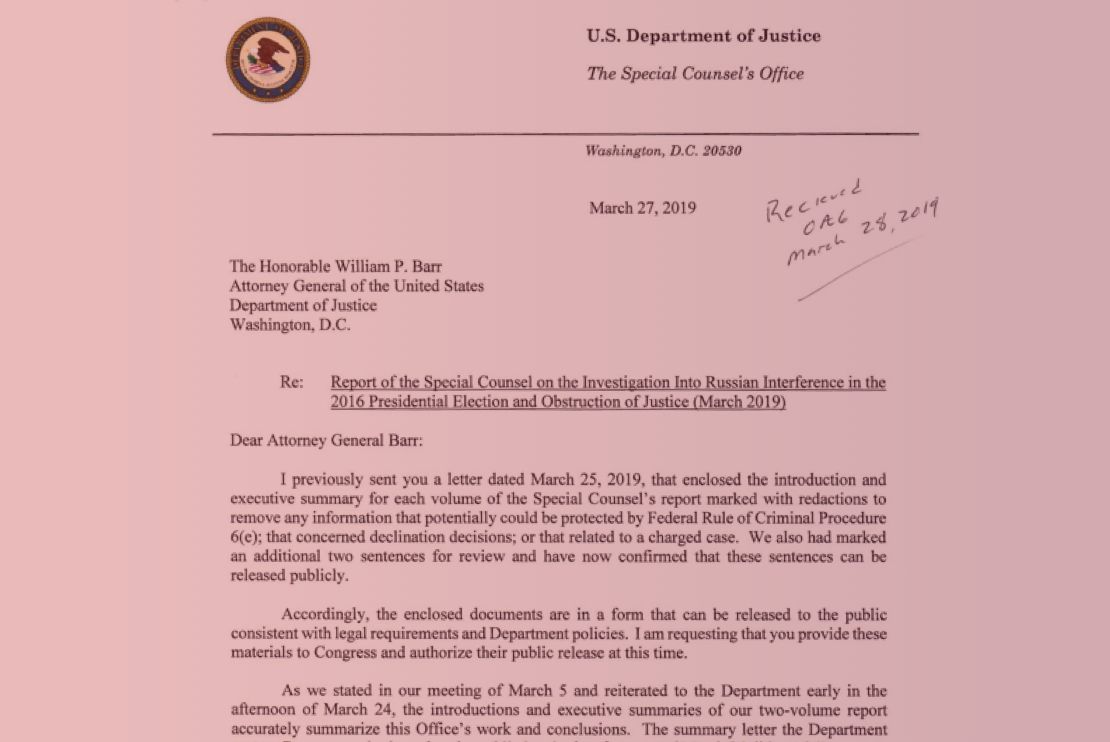
They
Our Word of the Year for 2019 is they. It reflects a surprising fact: even a basic term—a personal pronoun—can rise to the top of our data. Although our lookups are often driven by events in the news, the dictionary is also a primary resource for information about language itself, and the shifting use of they has been the subject of increasing study and commentary in recent years. Lookups for they increased by 313% in 2019 over the previous year.
English famously lacks a gender-neutral singular pronoun to correspond neatly with singular pronouns like everyone or someone, and as a consequence they has been used for this purpose for over 600 years.
More recently, though, they has also been used to refer to one person whose gender identity is nonbinary, a sense that is increasingly common in published, edited text, as well as social media and in daily personal interactions between English speakers. There's no doubt that its use is established in the English language, which is why it was added to the Merriam-Webster.com dictionary this past September.
Nonbinary they was also prominent in the news in 2019. Congresswoman Pramila Jayapal (WA) revealed in April during a House Judiciary Committee hearing on the Equality Act that her child is gender-nonconforming and uses they. Singer Sam Smith announced in September that they now prefer they and them as their third person personal pronouns. And the American Psychological Association’s blog officially recommended that singular they be preferred in professional writing over “he or she” when the reference is to a person whose gender is unknown or to a person who prefers they. It is increasingly common to see they and them as a person’s pronouns in Twitter bios, email signatures, and conference nametags.

Quid pro quo
The investigation into President Trump’s phone conversation with Ukrainian President Volodymyr Zelensky became something of a vocabulary lesson for many Americans, and the term quid pro quo was heard countless times from newscasters, pundits, politicians, and the president himself. Major spikes of lookups occurred on September 25th, October 17th and 18th, and November 20th, for a year-over-year increase of 644%.
We define quid pro quo as “something given or received for something else,” and "a deal arranging a quid pro quo.” The literal translation from New Latin is “something for something.”
The current use dates to the late 16th century. In its initial use, a now-obsolete sense from the beginning of that century, quid pro quo referred to something obtained from an apothecary when one medicine was substituted for another. Such substitutions could be either accidental or fraudulent. Soon after its apothecary sense the word took on a more general meaning of substitution. Today, the term is most often encountered in legal contexts.
It’s no surprise that impeach is among the top words of 2019, with the largest single spike following House Speaker Nancy Pelosi’s announcement of an impeachment inquiry on September 24th. Overall, the word had a 129% increase in lookups over last year.
Impeach is defined in several ways, including “to charge with a crime or misdemeanor” and “to cast doubt on.” The former of these carries the additional specific meaning of “to charge (a public official) before a competent tribunal with misconduct in office”; the latter is often narrowed as well, with the meaning “to challenge the credibility or validity of.”
Although frequently thought of as meaning "to remove from office," impeach has a precise legal use in cases such as this, in which the action describes a step in removing an official from office, but does not refer to the removal itself.
Impeach came to English from the French word empecher ("to impede"), itself from the Latin word impedicare ("to fetter")—which is also the root of the English word impede.
In March it was news from the literary world that moved the humble crawdad from relative lookup obscurity to lexicographical prominence. Delia Owens, the first-time novelist whose Where the Crawdads Sing made it to the top of the New York Times bestseller list, was interviewed on CBS Sunday Morning, sending crawdad to the top of our searches with a spike of 1,200%.
Crawdad is used mostly west of the Appalachians to refer to the aquatic animal that looks like a small lobster and lives in rivers and streams—that is, to what's also known as a crawfish or crayfish. Crawdad is an alteration of crawfish that dates to the early 20th century.
Incidentally, the fish of crawfish and crayfish was imposed late in the words' development: both come from the medieval French word creveis, the second syllable of which sounded enough like fish that the name evolved to have the English word replace its original ending.
In October, egregious became a top lookup, increasing 450%, when reports surfaced that a Boeing pilot had used the word in describing an issue with 737 MAX planes. Fatal crashes that killed 346 people in October 2018 and March 2019 were blamed on the plane's automated handling control system.
Egregious means "conspicuously bad" in modern English, but that meaning strays a bit from its original one. Like its Latin forebear egregius, egregious originally meant "distinguished" or "eminent." Latin egregius comes from roots that can translate literally as "apart from the herd."

Clemency
Lookups for clemency spiked 9,900% in January, after the governor of Tennessee granted clemency to Cyntoia Brown, a woman serving a life sentence, having been convicted of murdering a man when she was a 16-year-old victim of sex trafficking.
In legal use, clemency means both "willingness or ability to moderate the severity of a punishment (such as a sentence)" and "an act or instance of mercy, compassion, or forgiveness." In this case, the governor's clemency came in the form of commutation, with Brown's life sentence reduced to 15 years. The word clemency comes from Latin clemens, meaning "mild" or "calm."
Very common words are looked up frequently in the dictionary (love is among the top five lookups in the history of our site), which is sometimes surprising to people, but it's truly rare to see one of the most basic function words in the English language spike in our data: the.
The Ohio State University filed a trademark application in August for the word the with the U.S. Patent Office, in order to protect new branding logos that emphasize the "The" that is part of the official (some say pretentious) name of the institution—and the spiked 500%.
The is one of the oldest words in English, and is pronounced \thuh\ before words that begin with consonants ("the governor") and \thee\ before words that begin with a vowel ("the only one"). But the pronunciation of the can also indicate emphasis or suggest uniqueness (a also works this way), with a stressed version of \thee\, the difference between "The Ohio State University" and "THE Ohio State University" (notice how you would read the name in two different ways).
Only a few institutions of higher learning include an official The in their names, including The Catholic University of America, The College of William and Mary, and The George Washington University.
Snitty flew to the top of the dictionary lookups in May, increasing by 150,000%, when Attorney General William Barr used the word to describe a letter sent to him by Special Counsel Robert Mueller. The so-described letter was critical of something Barr had written: a summary of the Special Counsel's report commonly known as The Mueller Report and formally known as the Report on the Investigation into Russian Interference in the 2016 Presidential Election.
Snitty is defined by Merriam-Webster as "disagreeably ill-tempered." The word's origin is unclear, though there may be a connection to snit, meaning "a state of agitation." While snit (also of unknown origin) has been in use since the 1930s, snitty is a child of the 1970s.

Tergiversation
Tergiversation was our top lookup on January 24th—up 39,000%—after the word’s use in an article by Washington Post columnist George Will the previous day. Here’s how he used it:
During the government shutdown, Graham’s tergiversations—sorry, this is the precise word—have amazed.
Tergiversation can mean “evasion of straightforward action or clear-cut statement,” or “desertion of a cause, position, party, or faith,” and though it’s not perfectly clear which meaning was intended by Will, people certainly took notice of the word.
Tergiversation can be traced to the Latin words tergum (meaning “back”) and versare (meaning “to turn”). The word has been in use since the first half of the 16th century. The "g" in tergiversation is pronounced as /j/.
This isn’t the first time George Will has sent readers to the dictionary after using a bookish word in one of his columns: we saw spikes for bloviate in 2012 and Gadarene in 2010 after he used them.
In May, camp was the belle of the dictionary ball for a time, with lookups shooting up 5,800%. Access to the dictionary entry for the term was easier to come by than access to what inspired the lookups: a gala event celebrating "Camp: Notes on Fashion," the newly-opened fashion exhibit at the Metropolitan Museum of Art.
The exhibit takes its name from Susan Sontag's 1964 essay "Notes on Camp," which unfolds in list form because "jottings … seemed more appropriate for getting down something of this particular fugitive sensibility." Merriam-Webster defines the Sontagian sense of camp referenced by the Met as either "a style or mode of personal or creative expression that is absurdly exaggerated and often fuses elements of high and popular culture" or "something so outrageously artificial, affected, inappropriate, or out-of-date as to be considered amusing." In earlier uses, the term (which is unrelated to the camp of tents and sleeping bags) has more sexualized overtones, being used to mean "exaggerated effeminate mannerisms (as of speech or gesture)."
When Robert Mueller used the word exculpate in his July testimony before members of the House of Representatives—"The president was not exculpated for the acts that he allegedly committed"—the word saw a dramatic increase in lookups, spiking 23,000%.
The word exculpate is defined as "to clear from alleged fault or guilt." It traces back to Latin culpa, meaning "blame," also the source of culpable, which means "meriting condemnation or blame especially as wrong or harmful."













